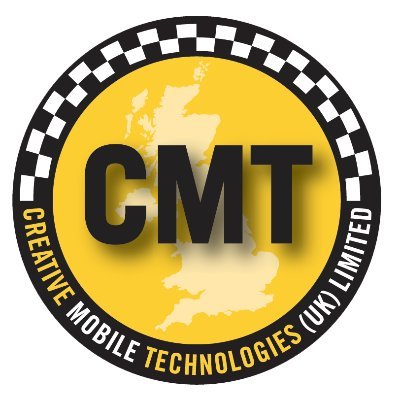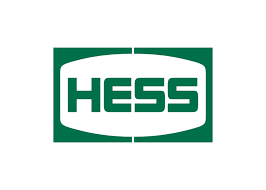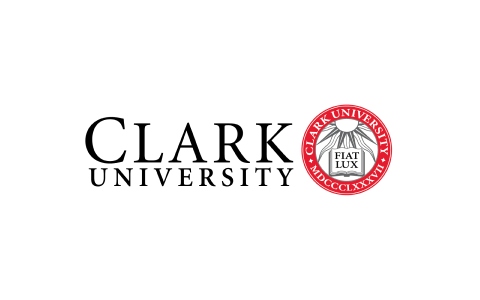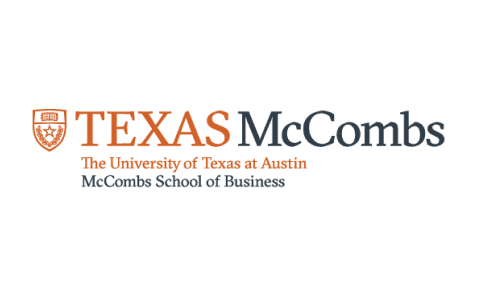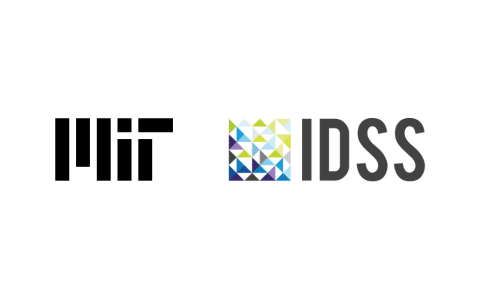Oracle SQL Free Course with Certificate
Oracle SQL
Learn oracle sql from basics in this free online training. Oracle sql tutorial is taught hands-on by experts. Learn about dbms, joins, commands in oracle sql & lot more. Best For Beginners. Start with oracle sql course now!

Ratings
Level
Learning hours

Learners
Skills you’ll Learn
About this course
In this course, you will understand the working of Oracle DBMS in-depth. First, you will start with an introduction to DBMS, the difference between data and database; after that, you will learn how to create tables and store or insert data inside them. Later, you will also learn various miscellaneous and small topics around Oracle, which are very important from an interview perspective.
Not only that, but you will also understand the core topics of SQL, such as functions, clauses, joins, and many more, which are used to write a query and find the resultant data for a problem in a database. At last, you are going to end this course by learning about SQL commands and Database objects.
Explore our Software Engineering Courses today.
Course Outline
What our learners enjoyed the most
Skill & tools
64% of learners found all the desired skills & tools
Ratings & Reviews of this Course
Success stories
Can Great Learning Academy courses help your career? Our learners tell us how.And thousands more such success stories..
Frequently Asked Questions
What is Oracle SQL?
Oracle Database is the first database that supports enterprise grid computing, and it is one of the most cost-effective and flexible methods of managing information and applications.
Is Oracle SQL the same as SQL?
Oracle SQL and SQL are used for the same purposes, and both support data storage. In Oracle, you can directly access the database without using SQL directly, but they use it in the backend to process the user request.
How much does Oracle SQL certificate cost?
The cost of the course depends on the platform it is offered. You can also find free SQL certificates on some of the elearning platforms. One such platform is Great Learning, where you can enroll in the free Oracle SQL course and get Oracle SQL free certificate.
Is it easy to learn Oracle SQL?
Oracle SQL is easy to learn, and it becomes more manageable if you are good at Linux and SQL. If you already know SQL Server, Oracle SQL is much easier to understand.
How long will it take to learn this course?
For beginner’s level, it may take up to a few hours to one to two weeks, but if you want to learn it in-depth, it may take more time. It also depends on how familiar you are with the database management, SQL server, and its commands.
Popular Upskilling Programs
Other IT & Software tutorials for you
Oracle SQL is the relational database management system. It is prevalent among enterprise applications. The database is the collection of structured data electronically stored. The database stores the data and allows access, management, and helps in finding the relevant information. Relational database management has become more popular and efficient than the traditional flat-file model, and RDBMS allows you to get rid of redundant data. Oracle SQL is the most famous relational database system as it shares a vast part of the market among other relational databases. You may also hear of other relational databases like MySQL, SQL Server, DB2, PostgreSQL, etc. Oracle database is also known as OracleDB or Oracle.
Lawrence Ellison developed this database in 1977 for other engineers, and now it is the most known relational database engine in the It market that supports storing, organizing, and retrieving data. It is also the first database that introduced enterprise grid computing and data warehousing. The most flexible and cost-effective method of managing data and applications is enterprise grid computing. Oracle uses SQL queries for interacting with the databases. You can also find different editions of the Oracle database. The most secure and robust edition is the Enterprise edition, and it offers all the required features along with security and superior performance.
To take advantage of the base functionality for users, you can opt for the Standard Edition of the Oracle database. Standard edition doesn’t require Enterprise edition for it to run smoothly. If you are looking for free, lightweight, and limited Linux and Windows editions, choose Oracle’s Express Edition (XE). If you are comfortable working with mobile phones, you can go for Oracle Lite of the Oracle database. You will also find the Personal edition, which runs smoothly similar to the Enterprise edition without the involvement of the Oracle Real Application Clusters feature. Oracle Corporation is the largest software company that develops and markets computer software applications from the business point of view. It is known for its database and cloud products and services.
Oracle relational database has become the industry standard since it started supporting SQL. It is also the first relational database to support SQL. Oracle database is the most trusted and widely used relational database engine. There are other relational database engines like Microsoft’s SQL Server and more, but Oracle is still standing strong and utilized till date. Oracle is one of the oldest companies in the world that manages databases. Its primary concern is enterprise needs and has kept up with the newest technological developments. Hence, its products get constantly updated and offer all the new skills required making it most popular amongst all the database management companies.
Oracle follows an open, complete, and integrated approach for managing the data. The features like availability, security, performance, management, analytics, and scalability play a crucial role in making Oracle the powerful database management engine. Oracle supports OLAP (Oracle Analytic Processing) and Oracle Advanced Analytics. Through OLAP, Oracle does complicated analytical calculations on business data. Oracle Advanced Analytics is the technical combination of Oracle Data Mining and Oracle R Enterprise that helps customers determine the predictive business models through data, text mining, and statistical data computation. Oracle manages its data with the help of the Oracle Multitenant database management tool that combines a single container with many other pluggable databases in a consolidated design.
Oracle also provides benefits like performance, portability, PL/SQL, multiple databases, flashback technology, Backup, and recovery. Oracle offers high-level database performance with its principles and procedures determined. Oracle also allows you to increase the query execution time and other operations with the help of performance optimization techniques. Hence, you can also alter or retrieve data faster. Oracle allows you to port your databases on all other different platforms. Thus, it is easier to create an Oracle application by applying changes to the operating system and hardware in a secure way. You can now enjoy procedural programming as Oracle supports PL/SQL extension. You can manage several database instances through a single server.
Oracle provides an instant caging approach that manages CPU allocations on a server hosting database instances. The instance caging approach and the database resource management works together to manage services across different instances. You can now enjoy the benefit of Flashback Technology with the newer Oracle versions. This technology will help you restore the accidentally deleted or lost data due to some human errors. It is always a good practice to keep the backup of your work. You can now use Oracle.RMAN (Recovery Manager) functionality to recover your data easily online. This functionality also allows you to recover or restore the databases during downtimes or outages. You can use user-managed recovery that is SQL*PLUS, for recovering the data. These techniques can be used for continuous archiving, archived backups, and online backups.
CREATE TABLE statement is used for creating the new table in the database. To create a table, you should specify the table’s name and define the columns and their datatypes. For example,
CREATE TABLE table_name
(
Col_1 datatype [value],
Col_2 datatype [value],
…..
Col_n datatype [value],
);
You can similarly create a table. For Example, suppose you want to create a student table containing their information,
CREATE TABLE student_info
(
Student_id(50) NOT NULL,
Student_name varchar(200) NOT NULL,
Department
);
Learn Oracle SQL, its features, and all other queries by enrolling in Oracle SQL free course offered by Great Learning. Through this course, you will get a brief overview of Oracle SQL, its core concepts, functionalities, and queries. You will learn all the essential concepts of Oracle SQL and some miscellaneous concepts that are important for you to know. Enroll in this free course and attain free Oracle SQL certificate on completing the course. Enroll Today!






























